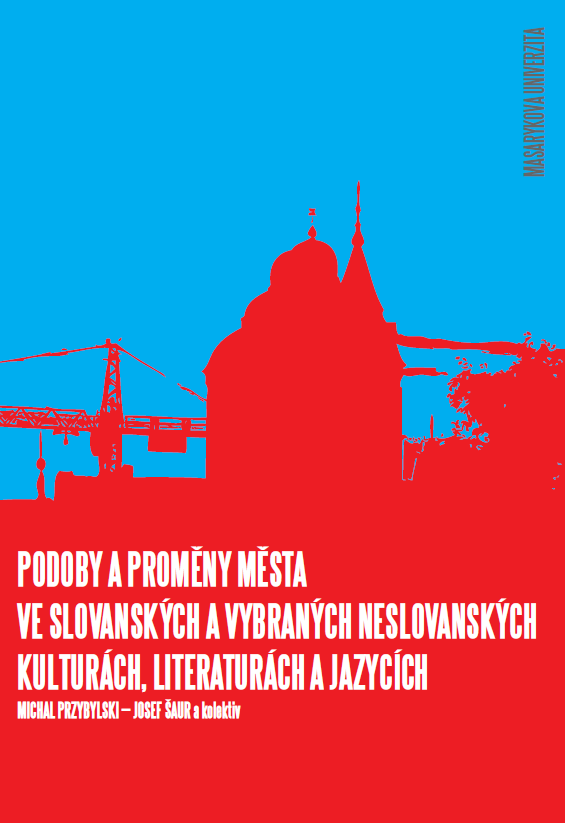Odraz zániku multikulturního světa podolských a volyňských měst ve formální struktuře románů Leopolda Buczkowského
Reflection of the demise of the multicultural world of Podolsky and Volhynia cities in the formal structure of the novels of Leopold Buczkowski
Author(s): Michał Przybylski
Subject(s): Polish Literature, Theory of Literature
Published by: Masarykova univerzita nakladatelství
Keywords: Leopold Buczkowski; Polish literature;
Summary/Abstract: In the closing chapter, Michal Przybylski discusses distinctive traits of the prose works of Leopold Buczkowski (1905–1989), a Polish author who can be considered significant in the context of the Polish literature of the 1940s and 1950s, especially for his unique experiments with form. Using examples from the novels Wertepy, Czarny potok, and Dorycki krużganek, Przybylski illustrates typical traits of Buczkowski’s compositional technique: his gradual dissolution of time and narration, leading up to an almost total destruction of narrative structure. This approach was meant to reflect the chaos of the world, people’s loss of their roots, and the demise of multi-ethnic and multicultural society in the cities and towns of Podolia and Volhynia, as well as in the entire area of the so-called “Kresy”, or Eastern Borderlands, where Ukrainian, Polish and Jewish traditions had until then intermingled for entire centuries.
Book: Podoby a proměny města ve slovanských a vybraných neslovanských kulturách, literaturách a jazycích
- Page Range: 135-144
- Page Count: 10
- Publication Year: 2013
- Language: Czech
- Content File-PDF

